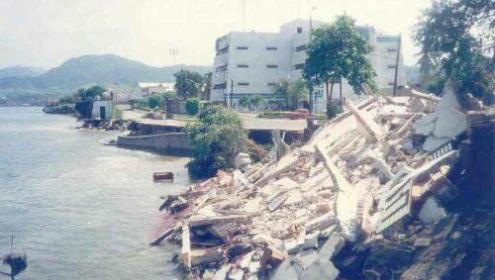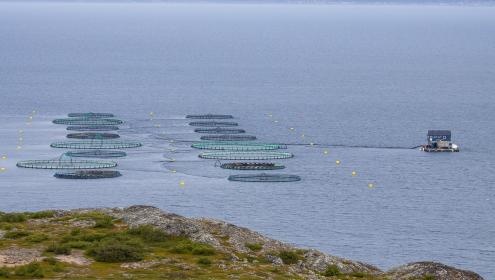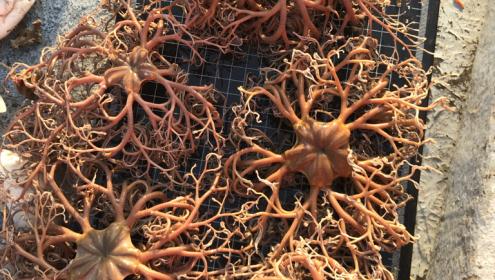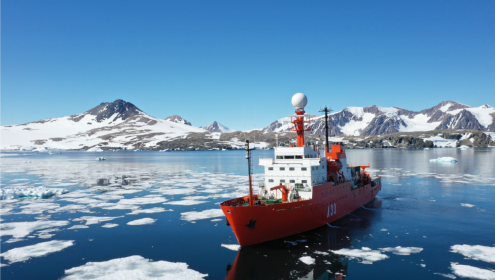LATEST TOPICS
Scientific news
A new study led by the ICM-CSIC explains for the first time the large occurrence of tsunamis and earthquakes in the region.
The program, funded by the AECID and the CSIC, involved 86 teachers and more than 150 students from 18 Latin American and Caribbean countries.
The initiative, in which the Institut de Ciències del Mar (ICM-CSIC) participates, will promote the protection, recovery and preservation of these ecologically important communities.
The bycatch of these organisms damages the nets and hinders the fishing activity, which is creating unrest in the Catalan fishermen's associations.
The tags are part of the BITER project, an initiative led by the ICM-CSIC in which the Polytechnic University of Catalonia - BarcelonaTech (UPC) and the University of Girona (UdG) also participate.
Researchers from the Institut de Ciències del Mar (ICM-CSIC) of Barcelona lead an international multidisciplinary team that will travel the Antarctic waters for four weeks.



